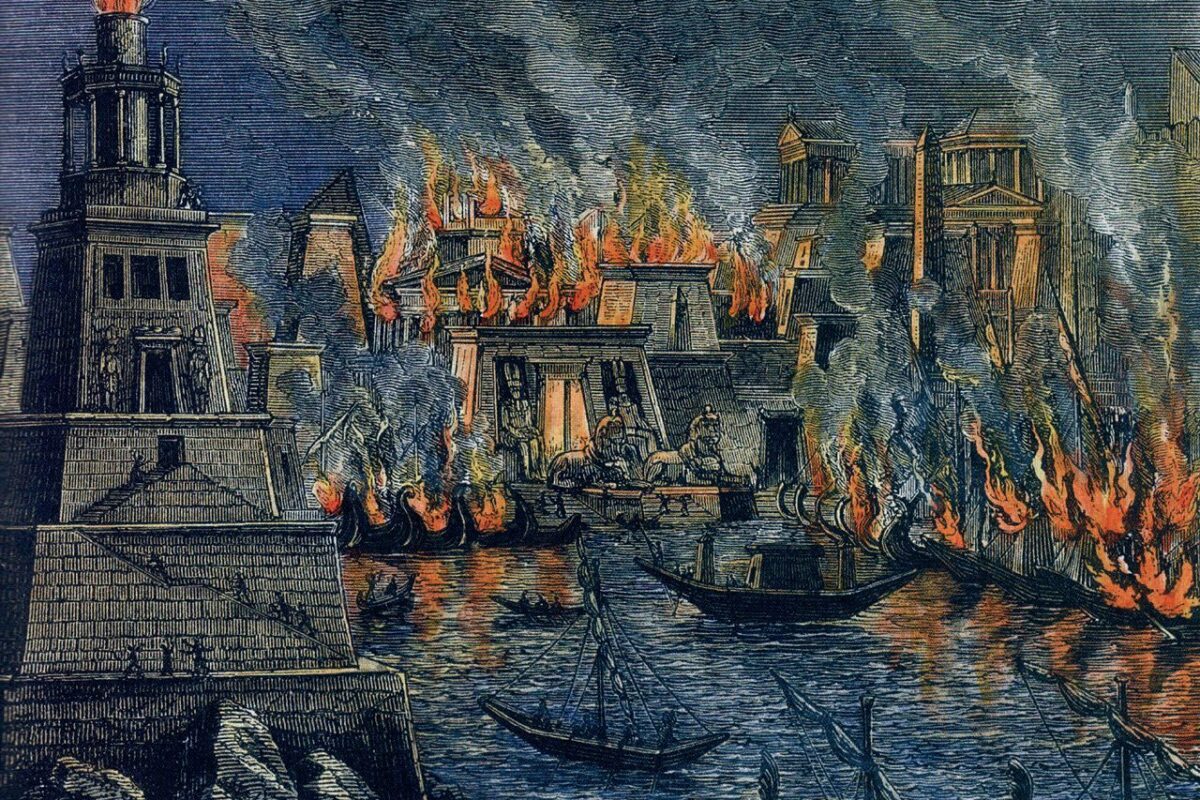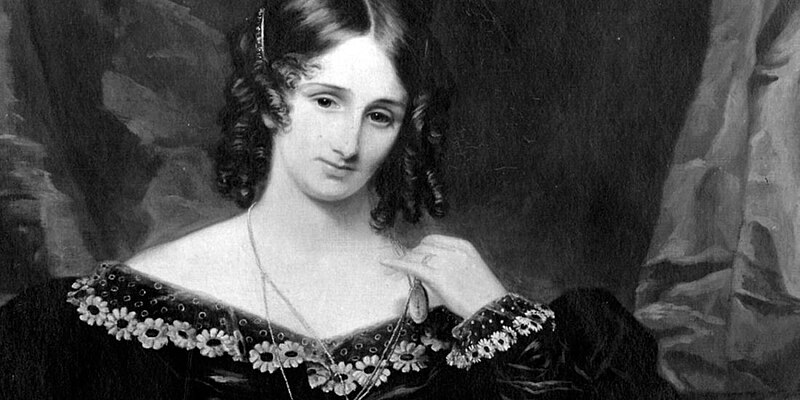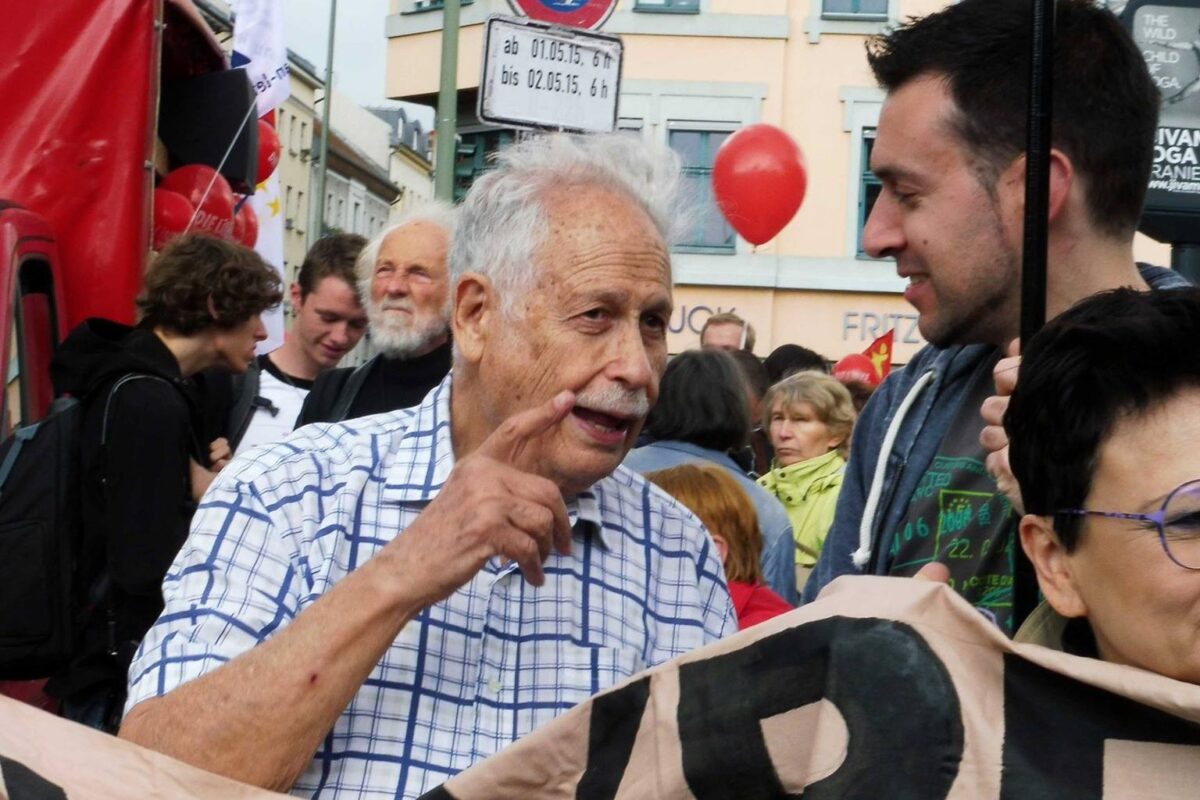Rebellious Daughter of History #9
By Judy Cox

Sarah Parker Redmond (1826-1894) Abolitionist,suffragist and activist
Sarah Parker Remond was an African American slavery abolitionist, lecturer and physician. Her anti-slavery campaign, which she began at just 16 years old, took her across America and on to Britain and Europe – where she tirelessly condemned the atrocities happening in her country.
Sarah was born in 1826 in Salem, Massachusetts, one of eight siblings. Her older brother, Charles Lenox Remond, became an anti-slavery lecturer; and Nancy, Caroline, and Sarah, were all active in the Salem Female Anti-Slavery Society. That Society was founded by black women including Sarah’s mother in 1832.
The Remond children suffered from racism. Sarah was refused admission to Salem’s high school. The family had to move to Rhode Island, so the daughters could attend a private school for African American children.
In 1842, when Sarah was sixteen, she gave her first public lecture on the horrors of slavery. In 1853 Sarah attended an opera and refused to leave a section reserved for whites. When a policeman forcibly ejected her, she fell down some stairs. She sued in a civil suit, winning five hundred dollars, and an end to segregated seating at the hall.
In 1856, Sarah toured New York lecturing on behalf of the American Anti-Slavery Society.
She shocked audiences by describing the sexual violence endured by female slaves. In 1859 she sailed to Liverpool, writing to a friend, ‘I fear not the wind and the waves, I know however I go, the spirit of prejudice will greet me’.
At her overflowing UK lectures, Remond told audiences of thousands of the horrors of slavery and of the discrimination and indignities suffered by ‘free black’ people in the US. She was thought to be the first woman to denounce slavery in front of mass audiences.
Thousands of workers, including many women, in the textile districts of Lancashire heard Sarahs’ powerful denunciations of slavery:
“I appeal on behalf of four million men, women and children who are chattels in the Southern States of America, not because they are identical with my race and colour, though I am proud of that identity, but because they are men and women.”
During the American Civil War, the campaign led by Sarah and other black activists played a role in cementing support for the North among textile workers, despite the hardships caused by the blockade of US cotton. Karl Marx wrote that this support for the North was one of the highest points reached by the British working class.
Sarah became the first black woman to enrol at Bedford College in London, a college offering education to women. She also became a founder member of the influential Ladies’ London Emancipation Society. After the war, she raised funds to support free black people and campaigned against British brutality against slave rebellions.
Sarah moved to Florence, Italy. She enrolled at a medical college and fulfilled a lifelong ambition by training as a nurse. She married an Italian man in 1877. Sarah died in Rome in 1894 and was buried there in the Protestant cemetery.
![English: 69 year old Anne Knight (2 November 1786 – 4 November 1862)[1] was a social reformer noted as a pioneer of feminism. date of pic 1855. Source: Wikimedia Commons](https://static.wixstatic.com/media/fe8979_75de7343f4294b8686f7ece7efecc7fe~mv2.png/v1/fit/w_438,h_599,al_c,q_80/file.png)
The indefatigable Anne Knight (1786–1862)
Anne Knight devoted her considerable energies to defeating slavery and establishing women’s rights. Anne was born in Chelmsford in November 1781 to a family of Quakers who were pacifists and social reformers. In the 1830s Anne set up a women’s anti-slavery society in Chelmsford.
In early 1833 Anne Initiated a national women’s petition against slavery. It was signed by 298,785 women, the largest single anti-slavery petition in the movement’s history.
In 1834 Anne Knight toured France where she gave lectures on need for the immediate abolition of slavery without compensation.
Anne attended the World Anti-Slavery Convention held at Exeter Hall in London, in June 1840. But as a woman she was refused permission to speak, a move she bitterly criticised.
In 1847 Anne published a leaflet which argued: “Never will the nations of the earth be well governed, until both sexes, as well as all parties, are fully represented and have an influence, a voice, and a hand in the enactment and administration of the laws”.
Knight became active in the Chartist movement despite criticising them for not supporting women’s right to vote. In a letter published in the Brighton Herald in 1850 she demanded that the Chartists should campaign for what she described as “true universal suffrage”.
In 1848 Anne was in Paris. She was active in the revolution, joining with with French female socialists to press for women’s rights. She attended a conference on world peace held in 1849. In 1851 Anne Knight and Anne Kent established the Sheffield Female Political Association.
Later that year the Associated published an “Address to the Women of England” which was presented to parliament. This was the first mass petition that demanded women’s suffrage.
Anne Knight died on 4th November, 1862.



